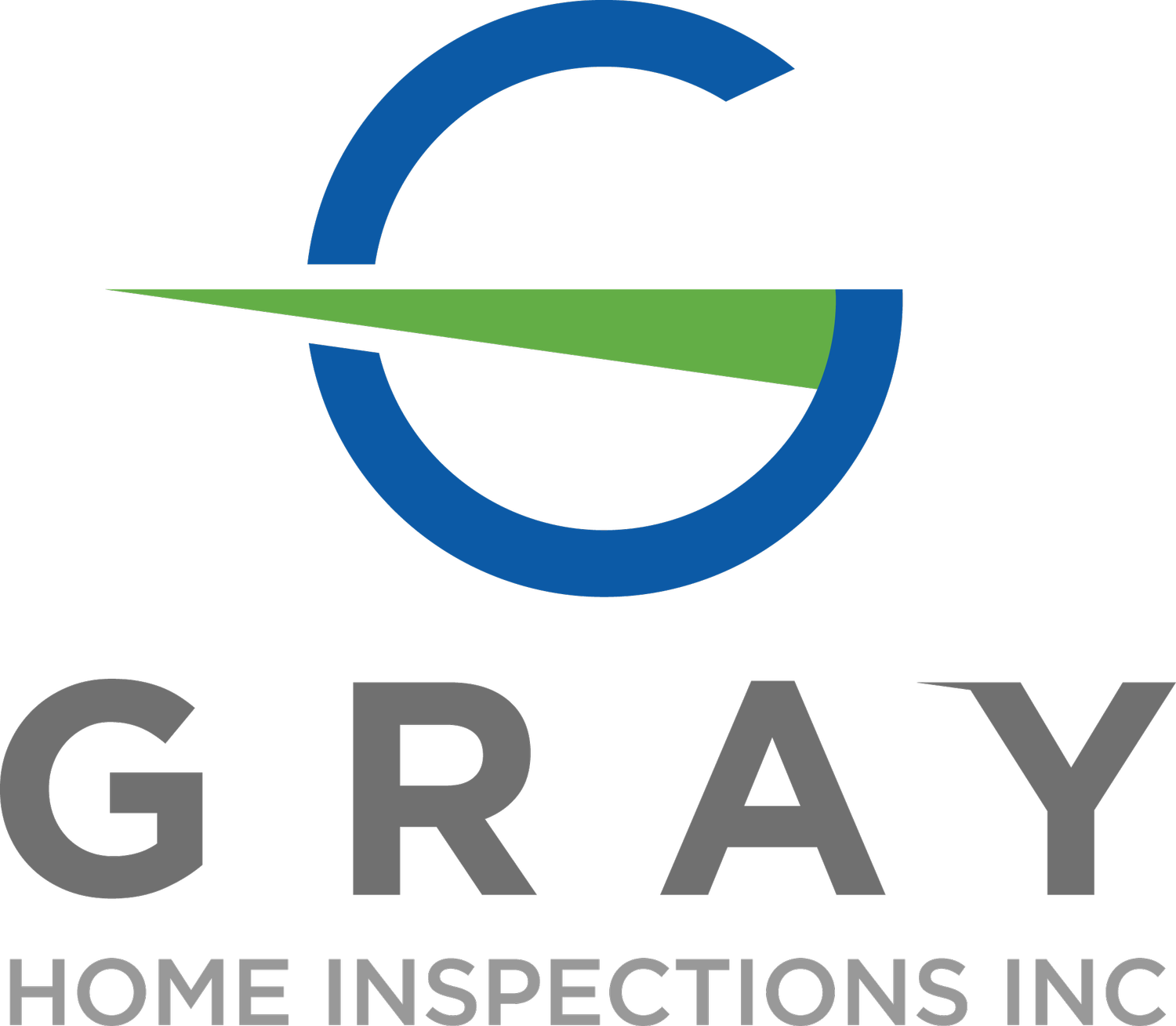What to Expect from a Termite Inspection
Termites are small, destructive pests that can cause significant damage to your home if left unchecked. To protect your home from these pests, it's important to schedule regular termite inspections. Here's what you can expect from a termite inspection.
- Visual Inspection: A termite inspection typically begins with a visual inspection of your home's interior and exterior. The inspector will look for signs of termite activity, including mud tubes, damaged wood, and termite droppings.
- Moisture Meter: The inspector may also use a moisture meter to detect any areas of moisture in your home. Termites are attracted to moisture, so areas with high levels of moisture may be more susceptible to termite infestations.
- Termite Bait Stations: The inspector may also check for the presence of termite bait stations around your home. These stations are designed to attract and kill termites before they can reach your home.
- Termite Damage: If the inspector finds evidence of termite activity, they will assess the extent of the damage and provide recommendations for treatment and repairs.
- Report and Recommendations: After the inspection, the inspector will provide a detailed report outlining their findings and recommendations for treatment and prevention. This report may include information on the type of termites present, the extent of the infestation, and the best treatment options.
- Treatment: If termites are found during the inspection, the inspector may recommend treatment options such as chemical treatments, bait stations, or fumigation. The treatment method will depend on the severity of the infestation and the type of termites present.
In conclusion, a termite inspection is an important part of protecting your home from termite damage. During a termite inspection, you can expect a visual inspection of your home's interior and exterior, the use of a moisture meter to detect areas of moisture, a check for termite bait stations, an assessment of termite damage, a detailed report with recommendations, and treatment options if termites are found. Scheduling regular termite inspections can help to identify and address termite infestations before they cause significant damage to your home.
